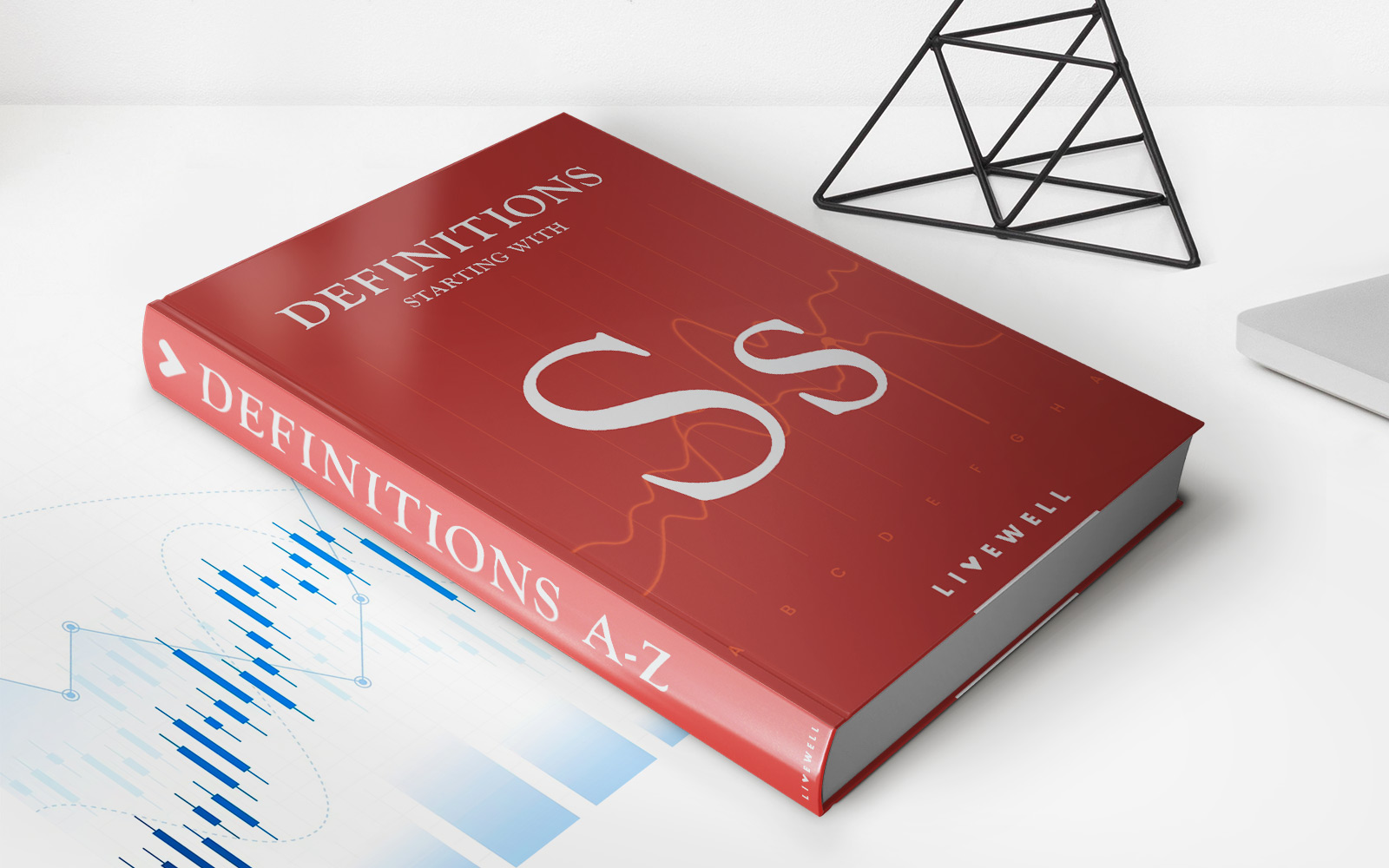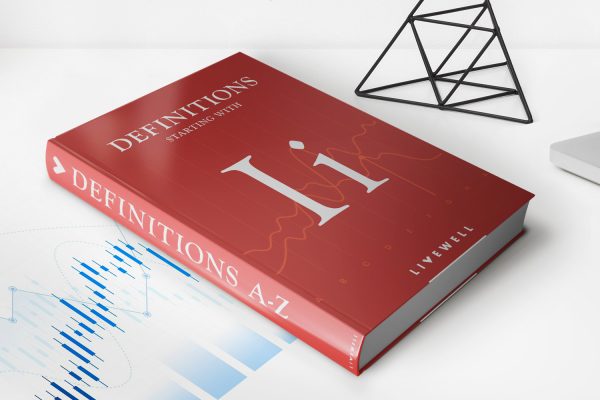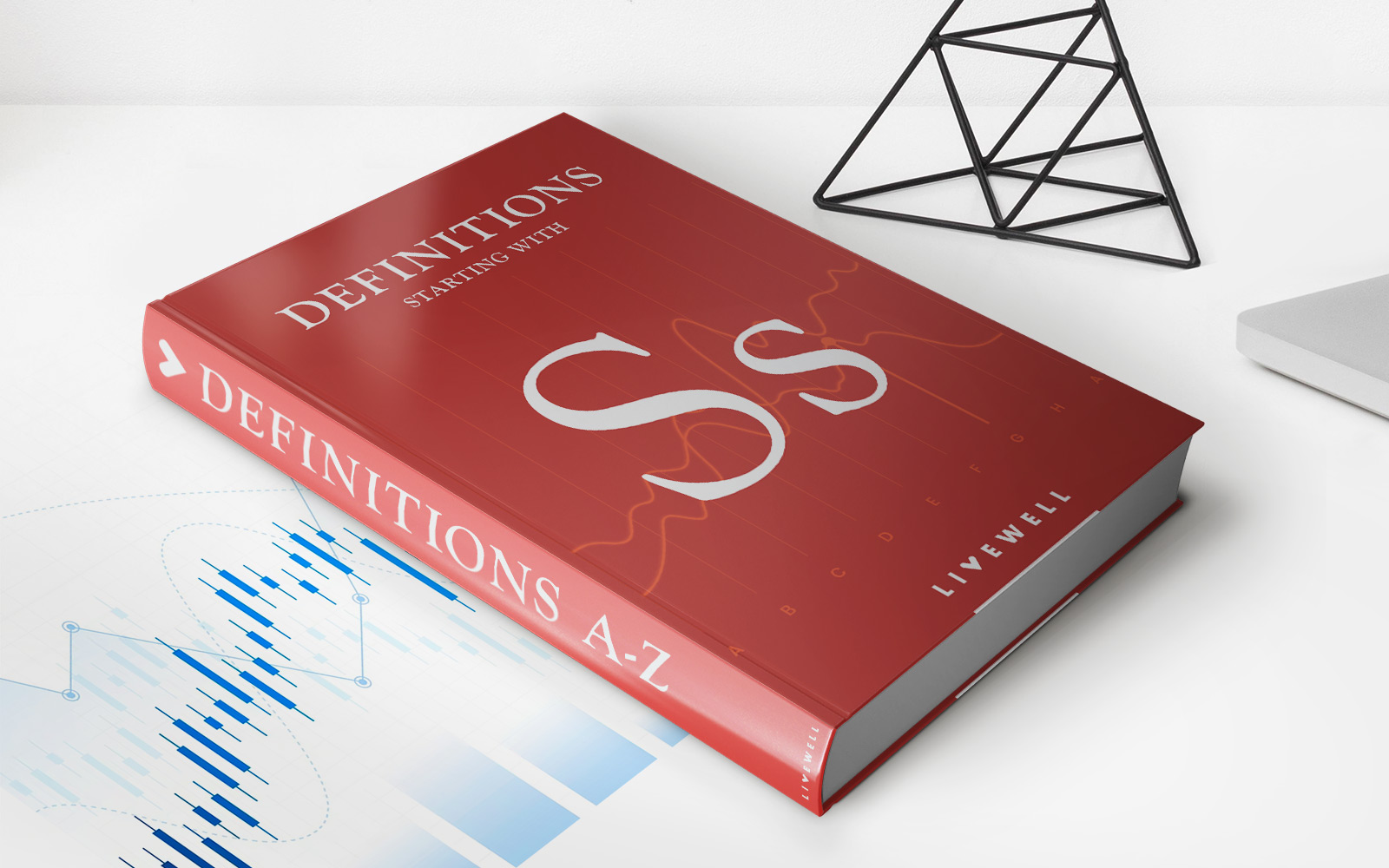

Finance
Somali Shilling (SOS) Definition
Published: January 31, 2024
Learn about the Somali Shilling (SOS) in the world of finance. Discover its definition and role in global financial markets.
(Many of the links in this article redirect to a specific reviewed product. Your purchase of these products through affiliate links helps to generate commission for LiveWell, at no extra cost. Learn more)
The Somali Shilling (SOS) Definition
Welcome to the world of finance! Today, we are going to dive into the fascinating topic of the Somali Shilling (SOS) and its definition. If you are curious about currency exchange rates, international trade, or simply want to expand your knowledge on global finance, this article is for you.
Key Takeaways:
- The Somali Shilling (SOS) is the official currency of Somalia.
- One of the unique features of the Somali Shilling is its lack of central control and regulation.
Now, let’s explore the Somali Shilling and understand its significance in the financial sphere.
What is the Somali Shilling (SOS)?
The Somali Shilling (SOS) is the official currency of Somalia, a country located in the Horn of Africa. Introduced in 1962, it replaced the East African Shilling as Somalia gained independence from British colonial rule. The Somali Shilling is abbreviated as “SOS” and is represented by the currency symbol “Sh.So.”
One of the unique features of the Somali Shilling is that it operates in a way that differs from traditional centralized currencies. Due to political instability and the absence of a strong central government, Somalia does not have a national bank that regulates its currency. The Somali Shilling operates through numerous private banks and money exchange businesses scattered across the country.
While this lack of central control may raise concerns in terms of stability and regulation, it also provides an interesting perspective on monetary systems. It showcases how the financial ecosystem can adapt and function even without a central authority. However, it is important to note that the lack of central control can also make the Somali Shilling vulnerable to fluctuations and currency speculation.
Despite these unique characteristics, the Somali Shilling remains an essential element for the Somali people and businesses. It enables them to conduct their daily transactions, trade with neighboring countries, and participate in the global economy.
The Role of the Somali Shilling in International Trade
While the Somali Shilling is primarily used within the borders of Somalia, it also plays a role in international trade. Somali traders and businesses utilize the Somali Shilling to conduct cross-border transactions, particularly with neighboring countries like Kenya, Ethiopia, and Djibouti. These countries have established currency exchange systems to facilitate the conversion between the Somali Shilling and their respective currencies.
Furthermore, the Somali diaspora living abroad often send remittances to their families in Somalia, typically in the form of foreign currency. These remittances play a significant role in supporting the Somali economy and providing liquidity in local markets.
The Future of the Somali Shilling
As Somalia strives to establish a stable and secure government, the future of the Somali Shilling remains uncertain. The country has witnessed ongoing efforts to strengthen its financial infrastructure, including the establishment of central banks in individual regions. These developments aim to improve the stability and regulation of the Somali Shilling, contributing to the overall economic growth and prosperity of the nation.
In conclusion, the Somali Shilling is a unique currency that operates without a central control system. Despite its challenges and vulnerabilities, it remains an essential part of the daily lives and economic activities of the Somali people. As Somalia progresses, the evolution of its monetary system will shape the future of the Somali Shilling.














